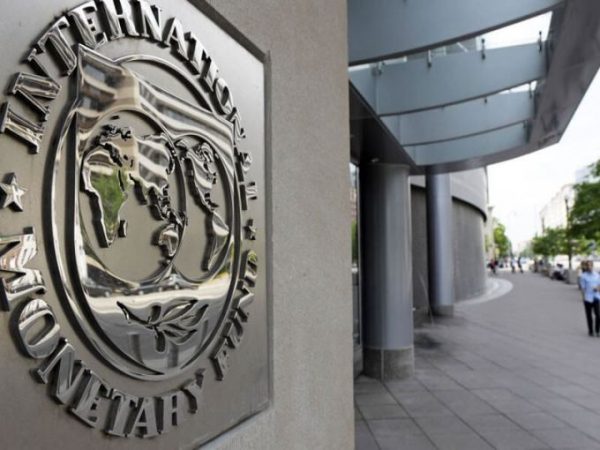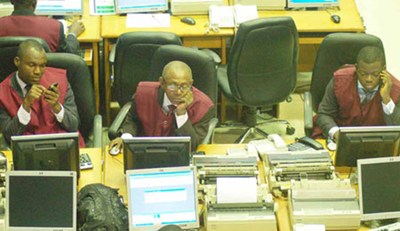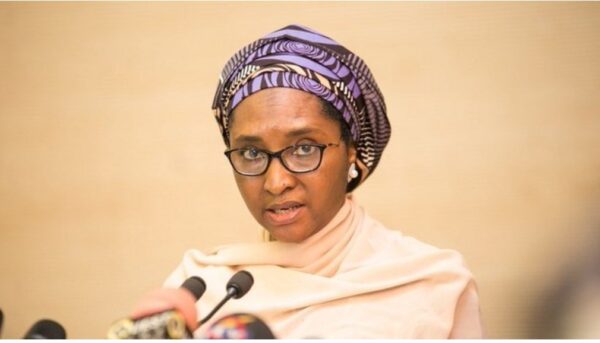IMF Forecasts 2.1% Growth for Nigeria in 2018
 Less than two weeks after the World Bank projected Nigeria’s Gross Domestic Product (GDP) to grow by 2.5 per cent in 2018, the International Monetary Fund (IMF) on Monday projected a lower growth outlook for the country.
Less than two weeks after the World Bank projected Nigeria’s Gross Domestic Product (GDP) to grow by 2.5 per cent in 2018, the International Monetary Fund (IMF) on Monday projected a lower growth outlook for the country.
According to the Fund’s World Economic Outlook (WEO) for 2018 titled: “Brighter Prospects, Optimistic Markets, Challenges Ahead,” Nigeria’s GDP would grow at 2.1 per cent in 2018. It also projected a lower economic growth of 1.9 per cent for the country in 2019.
The IMF explained: “The growth pickup in Sub-Saharan Africa (from 2.7 percent in 2017 to 3.3 percent in 2018 and 3.5 percent in 2019) is broadly as anticipated in the fall, with a modest upgrade to the growth forecast for Nigeria but more subdued growth prospects in South Africa, where growth is now expected to remain below 1 percent in 2018–19, as increased political uncertainty weighs on confidence and investment.”
Also, the IMF stated that fiscal policy was generally constrained by the need to gradually rebuild buffers, especially in commodity-dependent emerging market and developing economies. With the recent respite provided by the cyclical rebound in commodity prices, it urged policymakers to guard against the temptation to defer reforms and budgetary adjustments for later.
“The policy challenges for low-income countries are particularly complex, as they involve multiple, sometimes conflicting goals. These include supporting near-term activity; diversifying their economies and lifting potential output to maintain progress toward their Sustainable Development Goals; building buffers to enhance resilience, especially in commodity-dependent economies grappling with a subdued outlook,” it stated.
The IMF also revised its forecast for the world economy’s growth in both 2018 and 2019 to 3.9 per cent.
For both years, that was 0.2 percentage points higher than its last October’s forecast, and 0.2 percentage points higher than its current estimate of last year’s global growth.
According to the Economic Counsellor and Research Department Director, at the IMF,
Maurice Obstfeld, political leaders and policymakers must stay mindful that the present economic momentum reflects a confluence of factors that is unlikely to last for long.
“The global financial crisis may seem firmly behind us, but without prompt action to address structural growth impediments, enhance the inclusiveness of growth, and build policy buffers and resilience, the next downturn will come sooner and be harder to fight.
“Every government should be asking itself three questions today. First, how can we raise economic efficiency and output levels over the longer term? Second, how can we support resilience and inclusiveness while reducing the likelihood that the current upswing ends in an abrupt slowdown or even a new crisis?
“Third, how can we be sure to have the policy tools we will need to counter the next downturn?” Obstfeld added.







